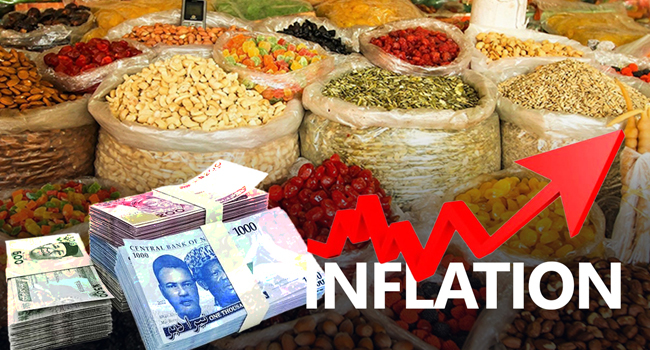Traders driving up commodity prices will face strict government action—FG
Dealers in commodities and goods who “unfairly inflate prices” will face strict punishment from the federal government.
Even if the naira has recently appreciated against the dollar, the Federal Competition and Consumer Protection Commission (FCCPC) is worried that consumers are still seeing rising costs without seeing a matching fall in the pricing of products and commodities.
Adamu Abdullahi, head of the Commission, made this announcement on Wednesday.
According to Abdullahi, the FCCPC is determined to prevent customers from being taken advantage of, and this situation is completely unacceptable.
Nigerian households are experiencing a great deal of financial difficulty due to these growing prices, and the FCCPC is fully aware of this. Consequently, the Commission is moving forward with plans to fix this.
Although the FCCPC lacks the authority to impose price controls, it will make use of its current legislative authority to uphold consumer protection and fair competition laws.
“This involves keeping an eye out for and looking into any suspicious increases in prices, responding to customer complaints, and penalising companies that are involved in anti-competitive behaviour such price-fixing, gouging, or cartel formation.”
Businesses may be unfairly increasing prices in both official and informal marketplaces, thus the Commission has ordered its operatives to increase monitoring of these areas and strengthen enforcement actions.
The operatives will be coordinating their efforts with farmer groups, trade associations, and others to root out price fixing, cartels, and other forms of unfair competition. Because of this, competition will rise, and prices will fall for shoppers.
You might remember that Wale Edun, Nigeria’s Minister of Finance and Coordinating Minister of the Economy, recently stated that the country’s economy is heading in the right path thanks to the new government’s initiatives, which have begun to reduce food inflation.
While in Washington, DC, during the IMF-World Bank Spring Meetings, the minister spoke with Channels Television on Tuesday.
The present government’s twin policies—the elimination of petrol subsidies and the unification of FX windows—have caused food and basic commodity prices to skyrocket in recent weeks, plunging Nigerians into one of the country’s most severe economic crises.
Food inflation in March 2024 was 3.62%, down 0.17% from 3.79% in February, according to Monday’s National Bureau of Statistics (NBS) Consumer Price Index (CPI) report.
Even though the NBS reported a decrease, many Nigerians are disappointed that the price cuts have not trickled down to staples like garri, millet, yam, and bread, as well as energy and housing.
Despite a recent 40% increase for the naira versus the dollar, from approximately N1,900/$ to nearly N1,100/$1, the inflation rate for March 2024 was 33.20% and the interest rate was 24.75%.




